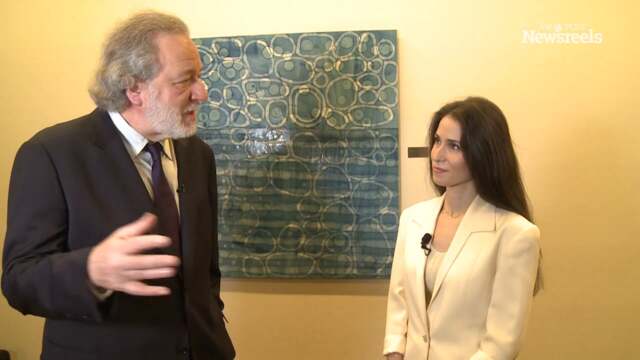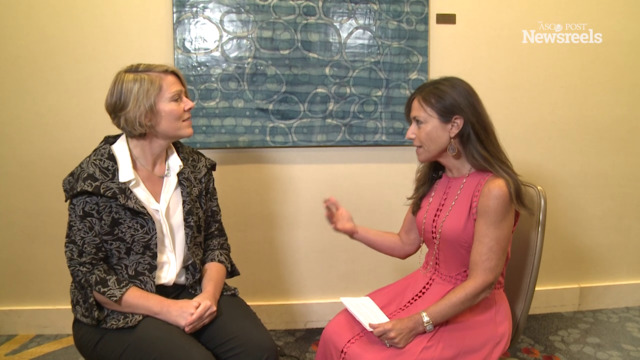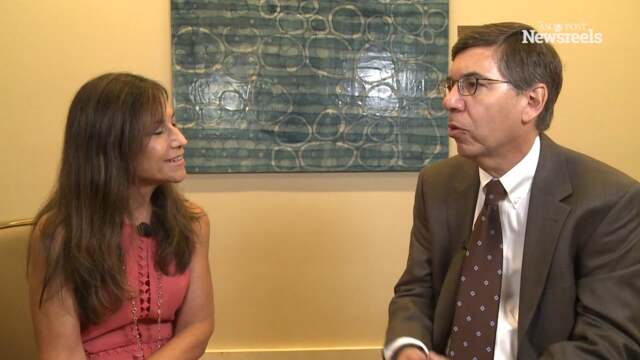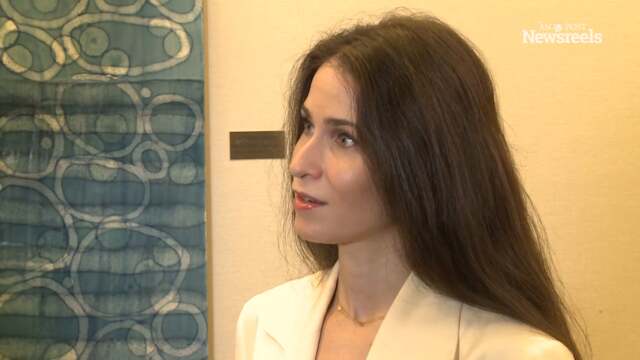Patricia A. Ganz, MD, on Incorporating Psychosocial Services for Quality Cancer Care
2015 IPOS APOS World Congress of Psycho-Oncology
Patricia A. Ganz, MD, of the University of California, Los Angeles, discusses the Institute of Medicine report on patient-centered care, its relation to psychosocial services, and the role IPOS/APOS members can play.
Allison J. Applebaum, PhD, and William S. Breitbart, MD
Allison J. Applebaum, PhD, and William S. Breitbart, MD, of Memorial Sloan Kettering Cancer Center, discuss the early days of this new treatment for despair and distress in cancer patients.
Lori Wiener, PhD, DCSW, LCSW-C, and Karen Fasciano, PsyD
Lori Wiener, PhD, DCSW, LCSW-C, of the National Cancer Institute, and Karen Fasciano, PsyD, of the Dana-Farber Cancer Institute, discuss the challenges of the art and science of psycho-oncology.
Robert T. Croyle, PhD
Robert T. Croyle, PhD, of the National Cancer Institute, discusses the research program on the variation in the quality of cancer care, our ability to monitor quality and measure outcomes, and understand the psychosocial aspects of care.
Lori Wiener, PhD, DCSW, LCSW-C, and Paul B. Jacobsen, PhD
Lori Wiener, PhD, DCSW, LCSW-C, of the National Cancer Institute, and Paul B. Jacobsen, PhD, of the Moffitt Cancer Center, discuss the highlights of this year’s meeting, which for the first time brings together the international and American psychosocial oncology societies.
Allison J. Applebaum, PhD, and William S. Breitbart, MD
Allison J. Applebaum, PhD, and William S. Breitbart, MD, of Memorial Sloan Kettering Cancer Center, explain how they brought this new treatment to help stressed caregivers of loved ones with cancer.





